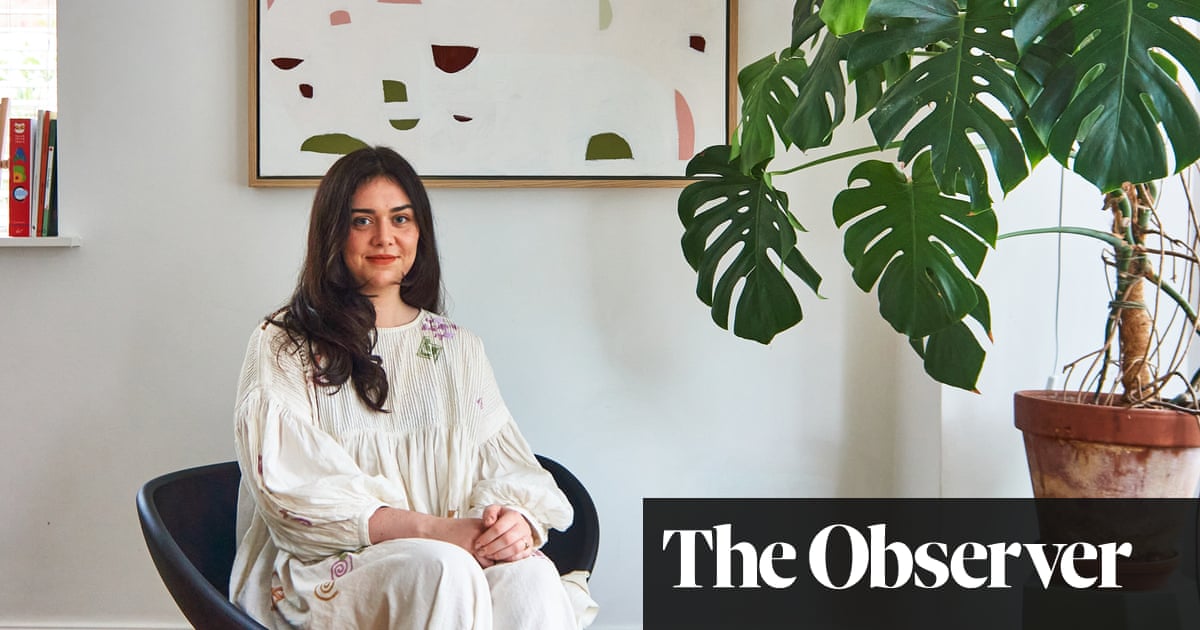
Saudi Arabia celebrated New Year’s Eve with grand fireworks, music, high-tech displays and a countdown. It was only the second time in the Kingdom’s history that it had celebrated the Gregorian calendar’s new year — 2019 was the first time ever that Riyadh had joined the world’s celebrations.
In the old days of the 1960s and 70s, some of the big hotels in Jeddah and Dhahran, along with the Aramco compound, held special dinners to mark the occasion. When that was prohibited, people used to gather privately and call or send messages congratulating each other and exchanging best wishes for the new year. Or they traveled abroad to celebrate. That was during Saudi Arabia’s 30 years of forced extreme conservatism. In November 2017, however, Crown Prince Mohammed bin Salman pledged a return to what we were before — a country of moderate Islam that is open to all religions and to the world. Since then, we have been on a high-speed process to catch up with modernity, innovation and transformation.
While the implementation of technology-based administration, the development of infrastructure and the introduction of new social, cultural and economic opportunities are moving forward with impressive success, the changing of mentalities and attitudes is more challenging.
Messages and gifts congratulating Christians on Christmas and celebrating the new year caused some controversy and provoked debates. What is the harm in congratulating them? Does that mean conversion, belief in Christmas or Santa Claus, an indication of a weakening Islamic faith or abandoning our traditions? Some thought it was good Islamic and friendly practice to congratulate and allow Christians to celebrate in the privacy of their homes, while objecting to Christmas trees and decorations in public. On the other hand, others asked if Eid is celebrated publicly in Western countries and if others congratulate us on our religious festivals.
Muslim countries that have a Christian population have always displayed decorations and joined in the celebration of Christmas, as well as Eid and other religious occasions. Throughout Islamic history, Christians and Jews have practiced their religion freely, with the Islamic capitals being icons of religious tolerance and rich cultural diversity.
Islam acknowledges other religions and accepts the diversity in religion. Part of being a good Muslim is respecting others’ beliefs under the principle of no compulsion in religion; debates on theology are through soft, wise discussion. Islam has spread around the world and continues to spread by the good deeds and kind words of Muslims.
Unfortunately, extremists and terrorists acting in the name of Islam have done more harm to it than non-Muslims. Also unfortunately, it is innocent, moderate Muslims who are the ones paying the price for being guilty by association. Many of the conflicts we see today around the world are due to intolerance, xenophobia and discrimination based on religion and ethnicity. Hate speech that incites violence, abuse and intolerance have become rampant on social media, despite laws and regulations criminalizing it.
During a recent seminar on intercultural and interreligious dialogue at Jeddah Literary Cultural Club, many of these issues and controversies were brought up. The speakers pointed to Saudi Arabia’s various efforts and initiatives to promote dialogue and tolerance, including the King Abdullah bin Abdulaziz International Center for Interreligious and Intercultural Dialogue, the Global Center for Combating Extremist Ideology and the Salam Project for Cultural Communication. In particular, the Charter of Makkah, which was endorsed in 2019 by Islamic leaders from 139 countries and signed by about 1,200 prominent Muslim figures, is significant as it aims to create a pan-Islamic set of principles that support anti-extremism, religious and cultural diversity, and legislation against hate and violence.
Some of the seminar’s attendants talked about their experiences living abroad as students and how that broadened their knowledge and awareness and enabled them to build bridges of communication with local and international students and the academic community where they studied.
There are more than 12 million foreigners living among us who follow different religions, sects and cultures. How much do we know about them? How many times have we invited them to our home or have we been inside their home? There is an opportunity here to engage, invite and help understand each other through cultural events and creating a space for dialogue.
More needs to be done at the grassroots and community level, especially in families and early in the education system, to instill the principles of dialogue and tolerance. The best way to counter negative stereotypes, misperceptions and misunderstandings is through direct communication.
The purpose of dialogue is not to convince others of your point of view or to convert them to your religion, but to accept, appreciate and understand.
Maha Akeel
The purpose of dialogue is not to convince others of your point of view or to convert them to your religion, but to accept, appreciate and understand.
We need to make constructive dialogue a way of life and a cultural principle in order to have peaceful coexistence and to establish peace and security. We need to teach how to have a dialogue without getting into arguments, how to accept differences without seeming to surrender, and how to celebrate diversity without losing our values and traditions. It starts at home and in school. Changing the curriculum is not enough.
It is not about one day in the year; it has to be the way we treat others, respect differences and accept them. We do not need to be defensive, only respectful and reasonable. We need to work at changing the concepts, labels and impressions. The golden rule is: Treat others as you wish to be treated.
Maha Akeel is a Saudi writer based in Jeddah. Twitter: @MahaAkeel1
Disclaimer: Views expressed by writers in this section are their own and do not necessarily reflect Arab News" point-of-view












